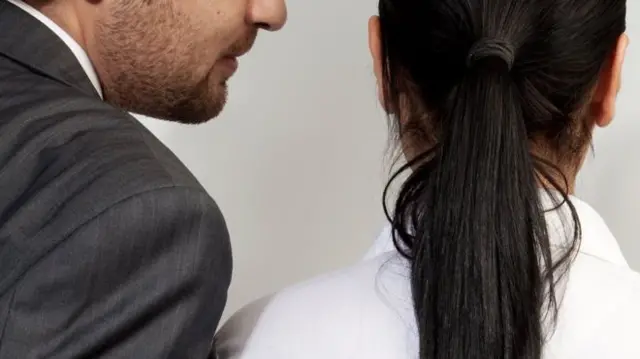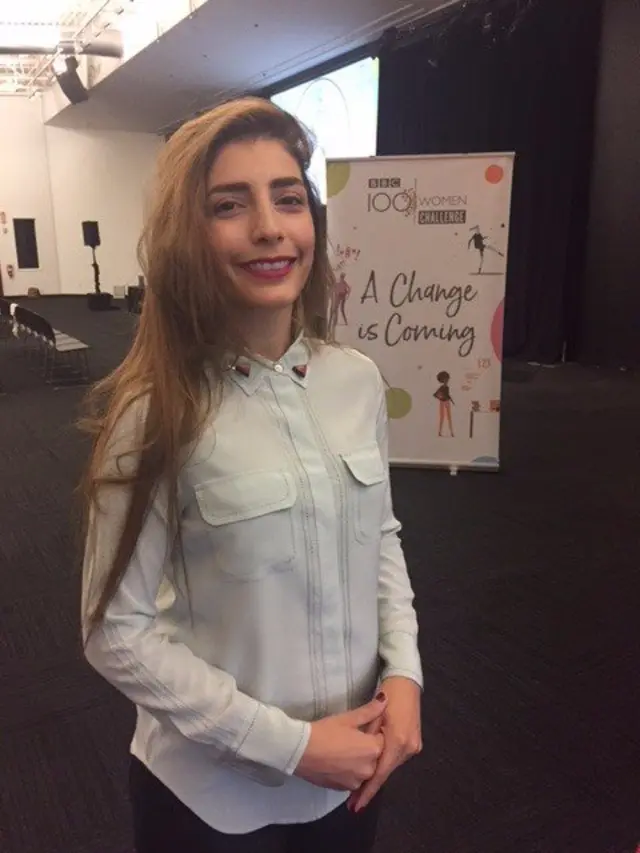Goodbye from Silicon Valleypublished at 18:56 BST 6 October 2017
After a frantic week, #teamlead have sucessfully completed the first ever 100 Women Challenge.
Of course their innovations are still being tweaked and tested, and we will keep you updated on what happens next.
For now though - the BBC 100 Women team will move to India, for the next challenge.
A team of brilliant women in Delhi will be working hard to tackle the issue of female illiteracy.
You can follow their progress on the BBC 100 Women website, and on Twitter, external, Facebook, external and Instagram, external.
The season will also be featured on BBC News, BBC World television and World Service Radio.

